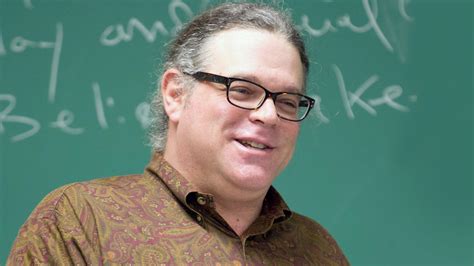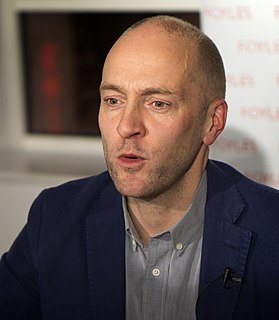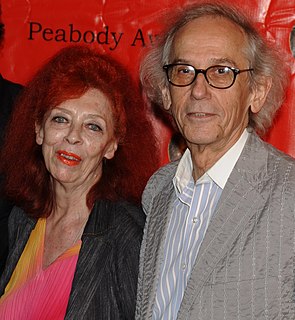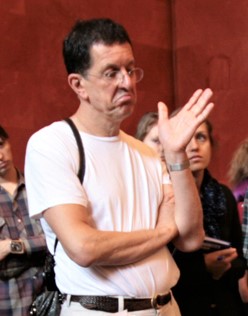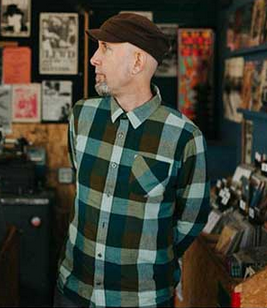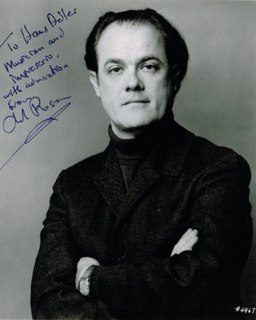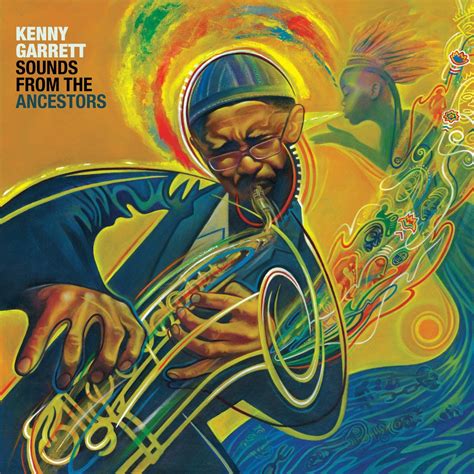A Quote by Alain de Botton
The essential argument in the book, 'Art as Therapy,' is that art enjoys such financial and cultural prestige that it's easy to forget the confusion that persists about what it's really for.
Related Quotes
Focusing-Oriented Art Therapy is a major contribution to art therapy literature and practice. Laury Rappaport introduces a contemplative method and philosophy grounded in the body's felt-sense of experience and its innate and largely unrecognized wisdom. This intellectually provocative, yet thoroughly practical text, establishes Rappaport as an emergent leader in the art therapy world and author of a book that every student and art therapist must read in order to appreciate the depth and breadth of our discipline.
It's impossible to say that live art enjoys any single status in the information age--there are versions of live art that are still primarily art-world phenomena, others that appeal to much broader audiences. The Burning Man festival is a case in point--an event featuring performance that is itself a performance, which partakes simultaneously of frontier mythology, a counter-cultural impulse, and popular cultural visibility.
Much like teaching art to young art students age 10 to 15 or so on, you have to break it down into bite-sized pieces, essential components. You have to - you know, at this point I'm so used to operating within given assumptions about art. But when you're explaining art to art students or people who are new to this experience, you have to really go back to the fundamentals.
What is it about a work of art, even when it is bought and sold in the market, that makes us distinguish it from . . . pure commodities? A work of art is a gift, not a commodity. . . works of art exist simultaneously in two “economies”, a market economy and a gift economy. Only one of these is essential, however: a work of art can survive without the market, but where there is no gift, there is no art.
Some people flinch when you talk about art in the context of the needs of society thinking you are introducing something far too common for a discussion of art. Why should art have a purpose and a use? Art shouldn't be concerned with purpose and reason and need, they say. These are improper. But from the very beginning, it seems to me, stories have indeed been meant to be enjoyed, to appeal to that part of us which enjoys good form and good shape and good sound.
I think a lot of people are involved in art because of the fashion of art and the conversation. It gives them a certain sophistication, something to speak about. But art is, if it's conceptual, really about understanding the concept. And if it's beautiful, it's about seeing the beauty. It's gone much further than that now. There's too much commercialism attached to art. If the market cracks one day big-time, you'll frighten so many people away who will never come back. Because they don't really feel for art. People who buy art should want it because they love it, they want to enjoy it.


